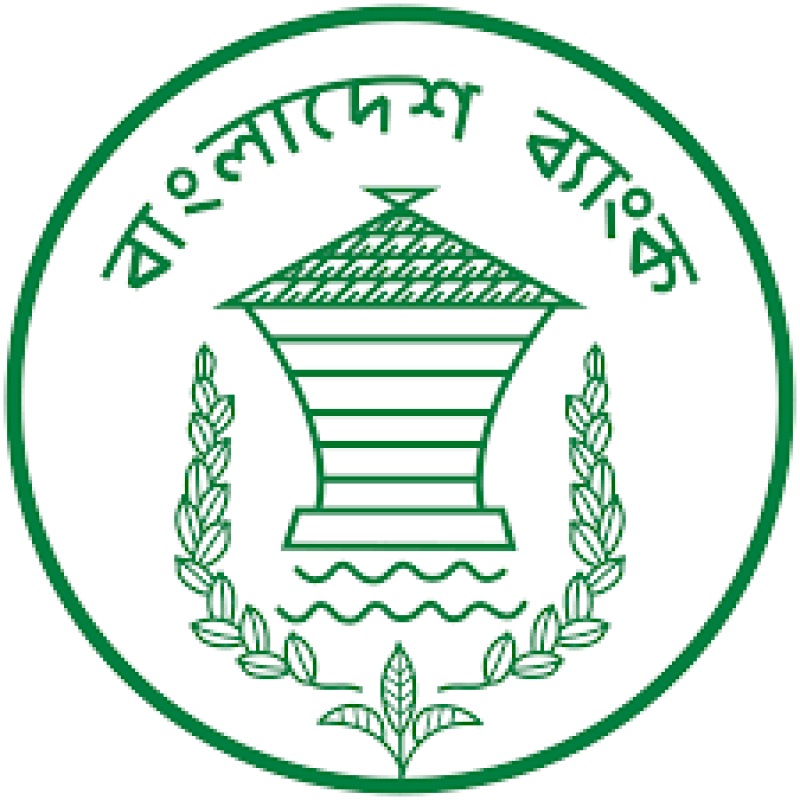- Death toll from central Israel strike rises to 5 |
- DSE sinks 138 points on broad sell-off; CSE also tumbles |
- Inside story of a roommate murder after quarrel in Dhaka |
- Jamaat condemns Khamenei’s killing, holds protest rally in Dhaka |
- Iran to pick next supreme leader in ‘one or two days’ |
BB reduces special liquidity support for nine banks

The Bangladesh Bank has scaled back the special liquidity support extended to nine banks, including five Shariah-based institutions, amid the absence of a governor. The affected banks are National Bank, Padma Bank, ICB Islamic Bank, and six others with significant stakes held by the S Alam Group: Islami Bank Bangladesh, First Security Islami Bank, Social Islami Bank, Union Bank, Global Islami Bank, and Bangladesh Commerce Bank.
These banks have long struggled with liquidity issues and have relied heavily on the central bank's special liquidity support, according to BB data. As of August 12, the central bank directed that no cheques exceeding Tk 1 crore from these nine banks be honored by other banks. Consequently, depositors and borrowers will face restrictions on withdrawing amounts over Tk 1 crore from other banks, though withdrawals of such amounts from the issuing bank itself remain possible, according to a senior central bank official who requested anonymity.
The central bank's move aims to alleviate the burden of special liquidity support. This support, typically provided against promissory notes, helps struggling banks manage their liquidity. However, most of the nine banks have faced current account deficits with the central bank, with seven of them (excluding ICB Islamic Bank and Padma Bank) reporting a combined deficit of Tk 30,202 crore in their current and CRR accounts by May 12.
A central bank official noted that reduced liquidity requirements would lessen the need for special support. Previously, these banks received such support through the efforts of former Bangladesh Bank Governor Abdur Rouf Talukder, who resigned on August 9, shortly after the fall of the Awami League government.
The liquidity crisis in these banks has roots in irregularities that surfaced in mid-2022. Reports highlighted issues with loan disbursement, where large loans were issued to companies using fraudulent addresses. In response, the central bank appointed observers to Islami Bank and First Security Islami Bank in December 2022. This scrutiny came as several banks faced withdrawal pressures, exacerbating their liquidity issues.
Since 2022, many of these banks have struggled with CRR and SLR shortfalls and have frequently relied on emergency funds from the central bank under the "lender of last resort" facility, which allows borrowing at 8.75 percent interest. However, Shariah-based banks, which do not charge or pay interest, share "profits" from investments instead. Bangladesh Commerce Bank's longstanding weaknesses and National Bank's internal conflicts have further strained their financial health.
Critics, including Ahsan H Mansur of the Policy Research Institute of Bangladesh, argue that the central bank's continued support lacks accountability and fails to address underlying issues. Mansur suggests that the central bank should reform bank boards and thoroughly review financial health before providing support, emphasizing the need for sustainable solutions to protect depositors and prevent misuse of public funds.

